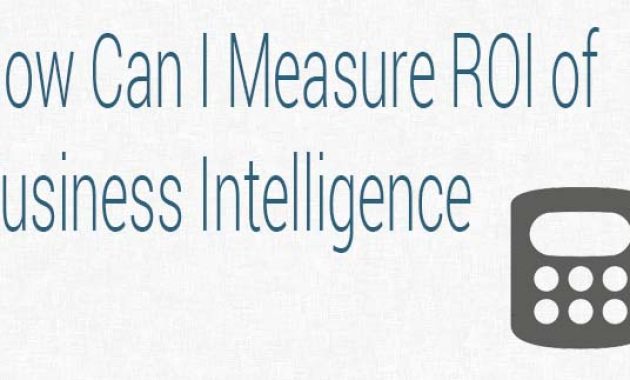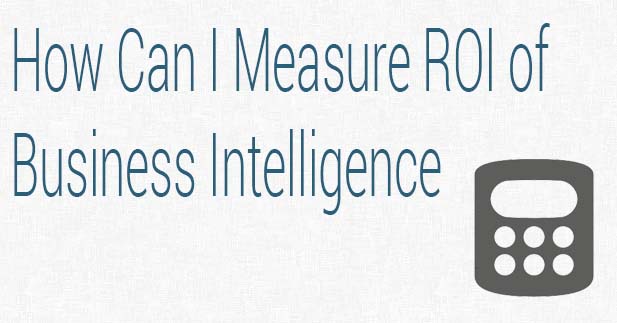
Winning with 12 Business Intelligence Tools To Maximize ROI
In today’s data-driven world, businesses are drowning in information. But data alone is useless. The key to success lies in extracting valuable insights and using them to make informed decisions. This is where Business Intelligence (BI) tools come into play. They transform raw data into actionable intelligence. This article delves into 12 powerful BI tools. These tools can help you maximize your Return on Investment (ROI). We will explore their features, benefits, and how they can revolutionize your business.
Understanding the Power of Business Intelligence
Before we dive into the tools, let’s clarify what Business Intelligence is. It involves collecting, analyzing, and interpreting data. The goal is to identify trends, patterns, and anomalies. This information empowers businesses to make better decisions. These decisions cover everything from marketing strategies to operational efficiency. BI tools provide the framework for this process.
The benefits of BI are numerous. They include improved decision-making, increased efficiency, and enhanced profitability. Businesses that embrace BI gain a competitive edge. They can respond quickly to market changes. They can also anticipate future trends. The right BI tools are essential for achieving these benefits.
Top Business Intelligence Tools to Consider
Here is a list of 12 business intelligence tools. Each has unique strengths and capabilities. This list will help you choose the best fit for your needs:
- Tableau: A leader in data visualization. Tableau allows users to create interactive dashboards and reports. It is known for its user-friendly interface and powerful analytical capabilities. Tableau helps users understand data at a glance.
- Microsoft Power BI: Another top contender, Power BI integrates seamlessly with Microsoft products. It offers a wide range of features, including data modeling and advanced analytics. Power BI is a cost-effective solution.
- Qlik Sense: Qlik Sense is known for its associative data modeling. It allows users to explore data from different angles. This leads to deeper insights and a better understanding of the data. Qlik Sense is a versatile tool.
- Looker: Acquired by Google, Looker focuses on data exploration and governance. It offers a centralized platform for defining and managing data. Looker is ideal for large organizations with complex data needs.
- Sisense: Sisense is designed for business users. It provides an easy-to-use interface for creating dashboards and reports. Sisense emphasizes speed and agility.
- ThoughtSpot: ThoughtSpot uses search-based analytics. Users can ask questions in plain language to get instant insights. This makes data analysis accessible to everyone. ThoughtSpot is very user-friendly.
- MicroStrategy: MicroStrategy offers a comprehensive BI platform. It includes data visualization, mobile BI, and advanced analytics. MicroStrategy is a robust solution for enterprise-level deployments.
- Domo: Domo is a cloud-based BI platform. It provides real-time data insights and collaboration features. Domo is ideal for teams that need to share data across the organization.
- Zoho Analytics: Zoho Analytics offers a user-friendly interface and affordable pricing. It is ideal for small and medium-sized businesses. Zoho Analytics integrates with various data sources.
- Board: Board combines BI with performance management. It offers a unified platform for planning, forecasting, and analysis. Board helps businesses align strategy and execution.
- SAP Analytics Cloud: SAP Analytics Cloud integrates with SAP systems. It offers advanced analytics and planning capabilities. SAP Analytics Cloud is suitable for businesses using SAP software.
- Oracle Analytics Cloud: Oracle Analytics Cloud provides a complete BI platform. It includes data visualization, data preparation, and advanced analytics. Oracle Analytics Cloud is a powerful enterprise solution.
Maximizing ROI with Business Intelligence Tools
Choosing the right BI tool is crucial for maximizing your ROI. Consider your specific business needs, data sources, and technical expertise. Some tools are better suited for certain industries or departments. Evaluate your current infrastructure and future growth plans. This will help you select the most appropriate BI solution.
Once you have implemented a BI tool, the next step is to develop a data strategy. Define your key performance indicators (KPIs). Determine what data you need to track and analyze. Establish clear goals and objectives. A well-defined data strategy ensures that you are using the tool effectively. You can then make data-driven decisions.
Training your team is also essential. Provide them with the necessary skills to use the BI tool. Encourage them to explore the data and ask questions. Foster a data-driven culture within your organization. This will help you get the most value from your investment.
Key Features to Look For
When selecting a BI tool, consider these key features:
- Data Visualization: The ability to create clear and compelling visuals.
- Data Integration: Seamless integration with various data sources.
- Data Analysis: Advanced analytical capabilities and data modeling.
- User-Friendly Interface: An intuitive and easy-to-use interface.
- Reporting and Dashboards: The ability to create customized reports and dashboards.
- Collaboration Features: Features for sharing and collaborating on data.
- Scalability: The ability to handle increasing data volumes.
- Security: Robust security features to protect your data.
Real-World Examples of Success
Many businesses have achieved significant ROI using BI tools. Retailers use BI to understand customer behavior. They also optimize their inventory management. Healthcare providers use BI to improve patient outcomes. Financial institutions use BI to detect fraud and manage risk. These are just a few examples. The possibilities are endless.
For instance, a marketing team might use a BI tool. They can analyze website traffic and identify top-performing content. They can then refine their marketing strategies to increase conversions. A sales team could use a BI tool to track sales performance. They can also identify areas for improvement. The right BI tool can drive significant business impact.
The Future of Business Intelligence
The future of BI is bright. Advancements in artificial intelligence (AI) and machine learning (ML) are transforming the industry. These technologies are automating data analysis. They also provide predictive insights. BI tools are becoming more powerful and user-friendly. They are also more accessible to businesses of all sizes.
As data volumes continue to grow, the importance of BI will only increase. Businesses that embrace BI will be well-positioned for success. They will be able to make better decisions. They will also gain a competitive edge. The 12 business intelligence tools mentioned here offer a starting point. Find the right tool to maximize your ROI.
Conclusion
Investing in a business intelligence tool is a strategic move. It can transform your business. By leveraging the power of data, you can make informed decisions. You can also drive growth and maximize your ROI. Choose the right tool for your needs. Develop a robust data strategy. Train your team. Embrace the future of Business Intelligence.
Remember that the success of any BI initiative hinges on the quality of data. Ensure your data is accurate, complete, and reliable. Regularly review and update your data strategy. Stay informed about the latest trends in BI. This will help you stay ahead of the competition. The ultimate goal is to use data to drive better business outcomes.
[See also: Related Article Titles]

